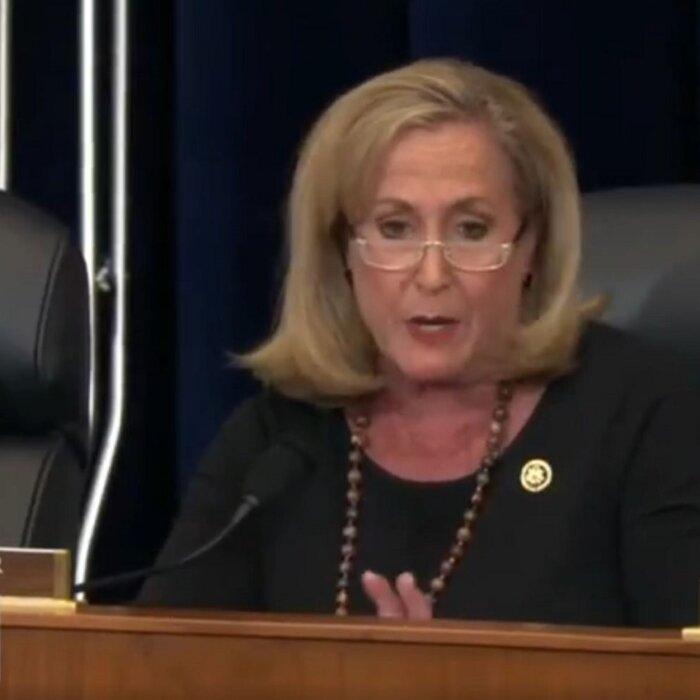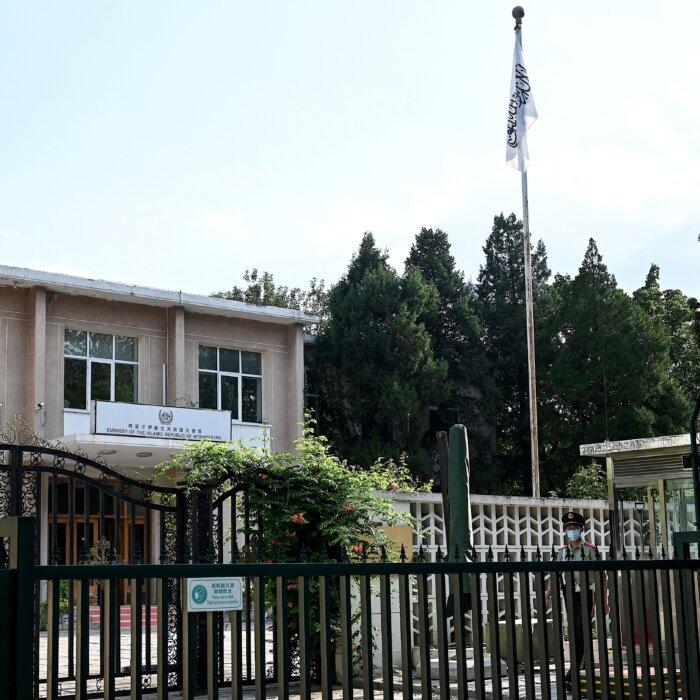The Taliban has deliberately deprived 1.4 million Afghan girls of schooling since it retook the country three years ago, says the United Nations Educational, Scientific and Cultural Organization (UNESCO).
Afghanistan is the only country in the world where females are banned from secondary education and universities.
The Taliban regained power in August 2021, 20 years after being ousted by a U.S.-led force in the wake of 9/11, which was organized from Afghanistan by their ally, Osama bin Laden.
Their interpretation of Islamic law, or sharia, is that girls should not be educated beyond the sixth grade.
UNESCO said 1.4 million girls had been denied access to secondary education, up by 300,000 compared to its previous survey in April 2023.
“If we add the girls who were already out of school before the bans were introduced, there are now almost 2.5 million girls in the country deprived of their right to education, representing 80 percent of Afghan school-age girls,” UNESCO added.
The agency said access to primary education for both sexes had also fallen since the Taliban took power for a second time, with 1.1 million fewer girls and boys attending school.
‘Entire Generation Is Now in Jeopardy’
UNESCO said, “The future of an entire generation is now in jeopardy.”The agency said the reduced number of primary school pupils enrolled in primary schools in Afghanistan was partly due to the Taliban banning female teachers from educating boys.
They also said some parents had pulled their children out of school due to financial difficulties or needing them to work.
The agency said, “UNESCO is alarmed by the harmful consequences of this increasingly massive drop-out rate, which could lead to a rise in child labor and early marriage.”
Amnesty International’s regional campaigner for South Asia, Samira Hamidi, said in a statement, “Three years on, the absolute absence of any concrete measures in addressing the human rights catastrophe in Afghanistan is a source of shame for the world.”
The Taliban staged a demonstration of their military strength at Bagram Air Base, which was ironically built by the Soviet Union and used by Russian and later U.S. forces during their time in Afghanistan.
In the 1980s, when a Soviet-backed communist regime was in power, women and girls were routinely educated.
Taliban Leader Says It Will ‘Apply Sharia Upon Ourselves’
In a speech on Wednesday, the Taliban’s supreme leader, Haibatullah Akhundzada, said: “The system is Islamic and Sharia-based, Sharia is being implemented. As long as we are alive, we will uphold and apply Allah’s faith and sharia upon ourselves and others.”The Taliban say they respect women’s rights, in line with their interpretation of Islamic law and Afghan culture.
Malala survived being shot in the head by a Taliban gunman, four years after they burned down a school in Pakistan’s Swat Valley, where she lived.
Now 27 years old, she lives in exile in England.
The Taliban could not be reached for comment regarding the UNESCO data.







